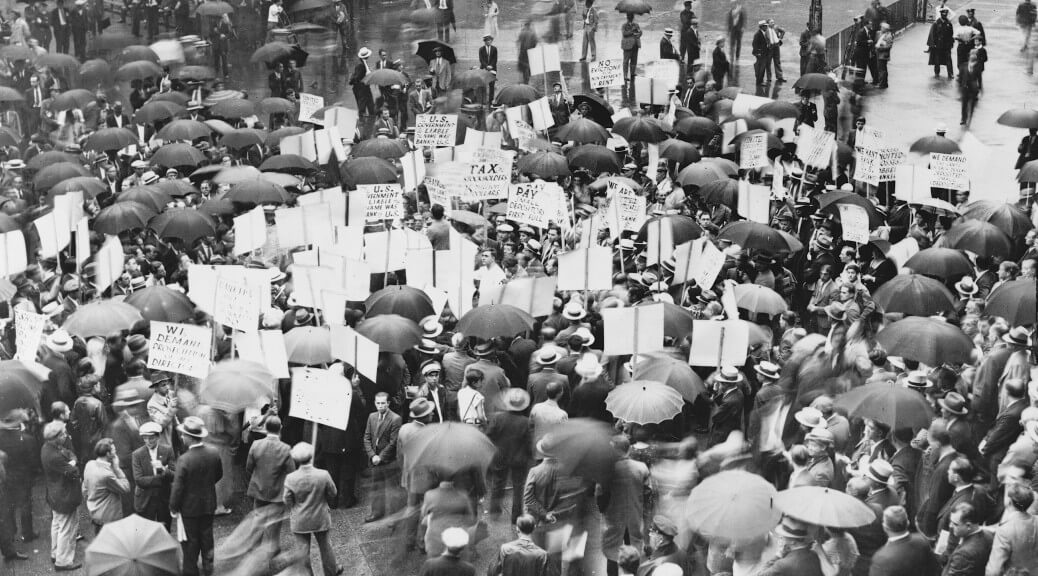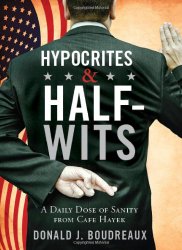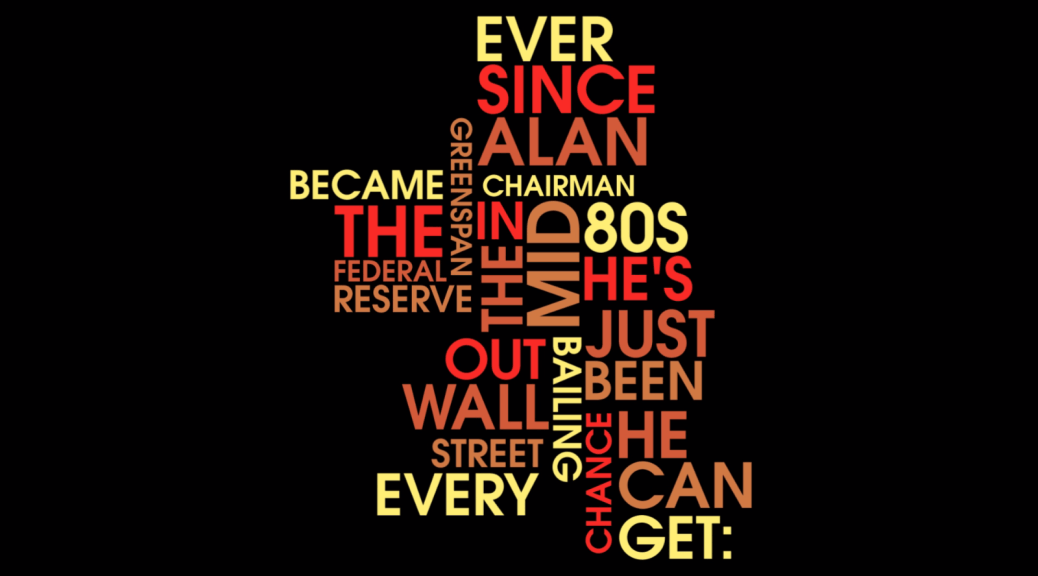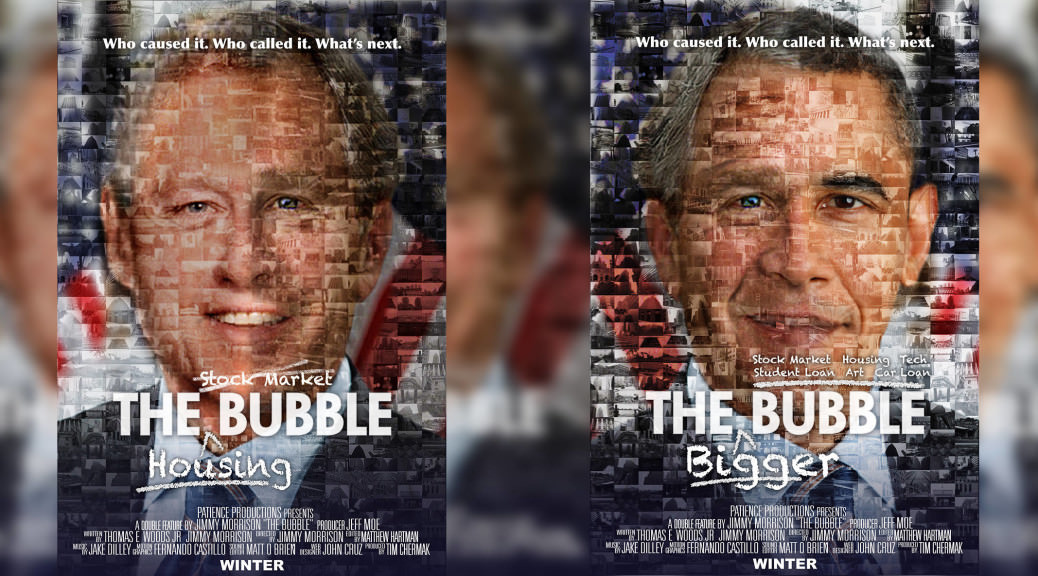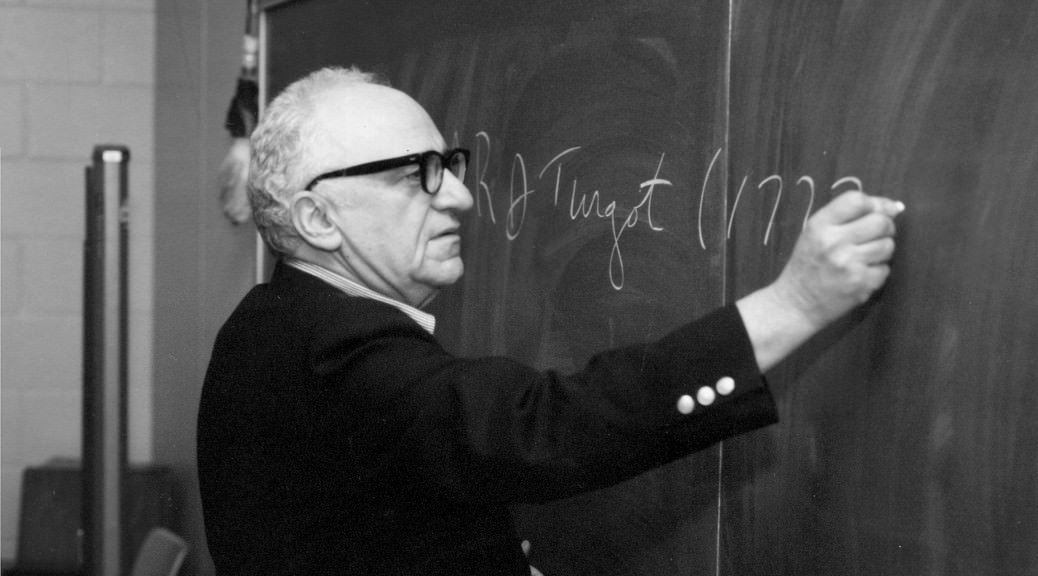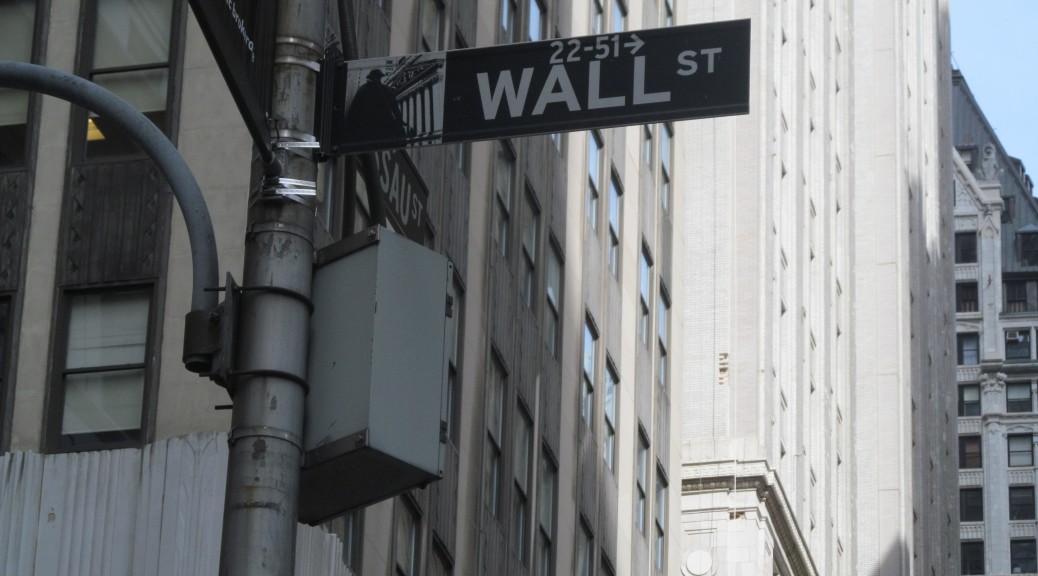…it’s Aladdin’s attitude towards wealth and poverty. That’s what struck me while re-watching this thoroughly enjoyable movie. After being called a “street rat,” Aladdin tells Abu, “Someday, Abu, things are gonna change. We’ll be rich, live in a palace, and never have any problems at all.”
This is an extraordinary view for a peasant orphan in thirteenth century Arabia! It is a thoroughly modern view. Throughout most of history, if you were born into the lower classes, you lived in poverty. Your entire extended family lived in poverty. Everyone you knew, and all their ancestors stretching back as far as anyone could remember, lived in poverty. Imagining life without poverty would have been as fanciful as imagining life without gravity. Continue reading Aladdin’s Biggest Anachronism isn’t Genie’s Jack Nicholson Impression…


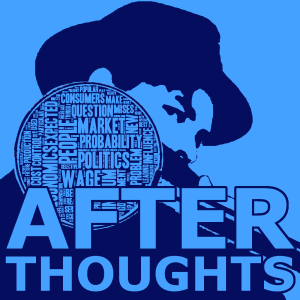 I just released the first
I just released the first 